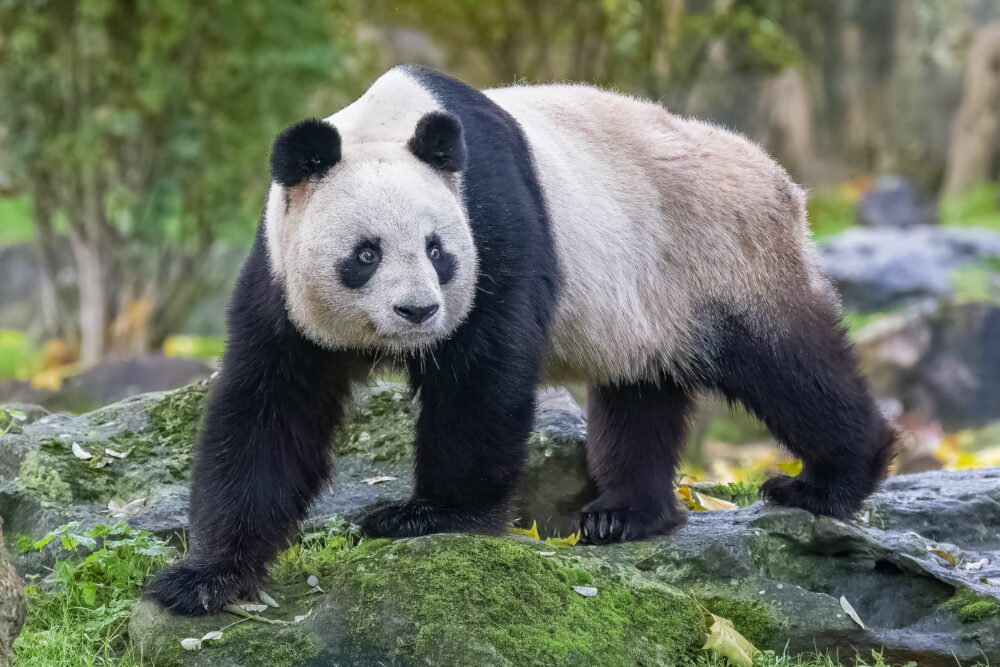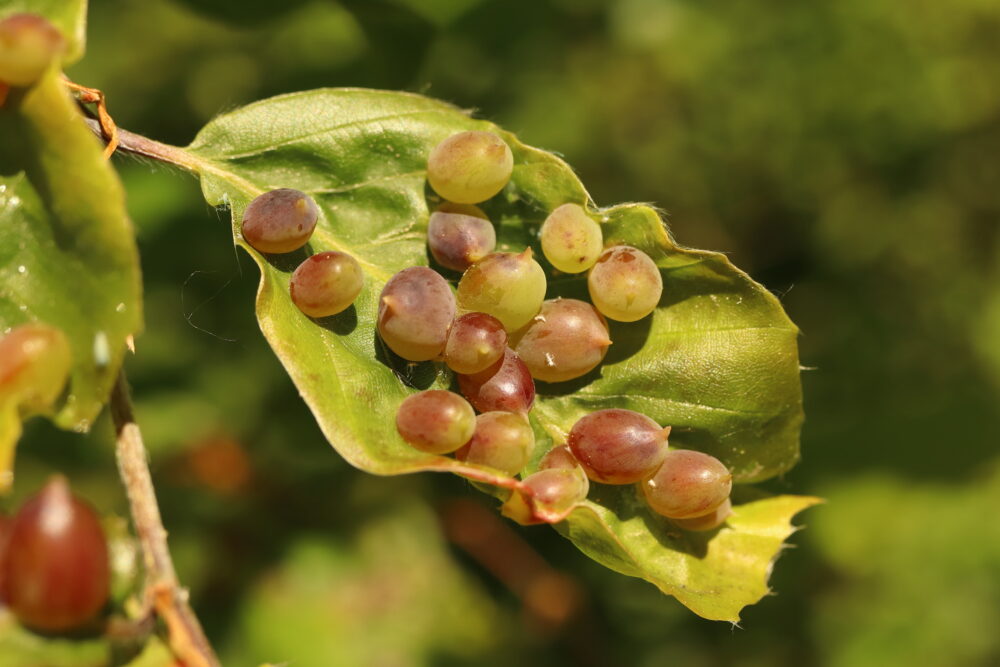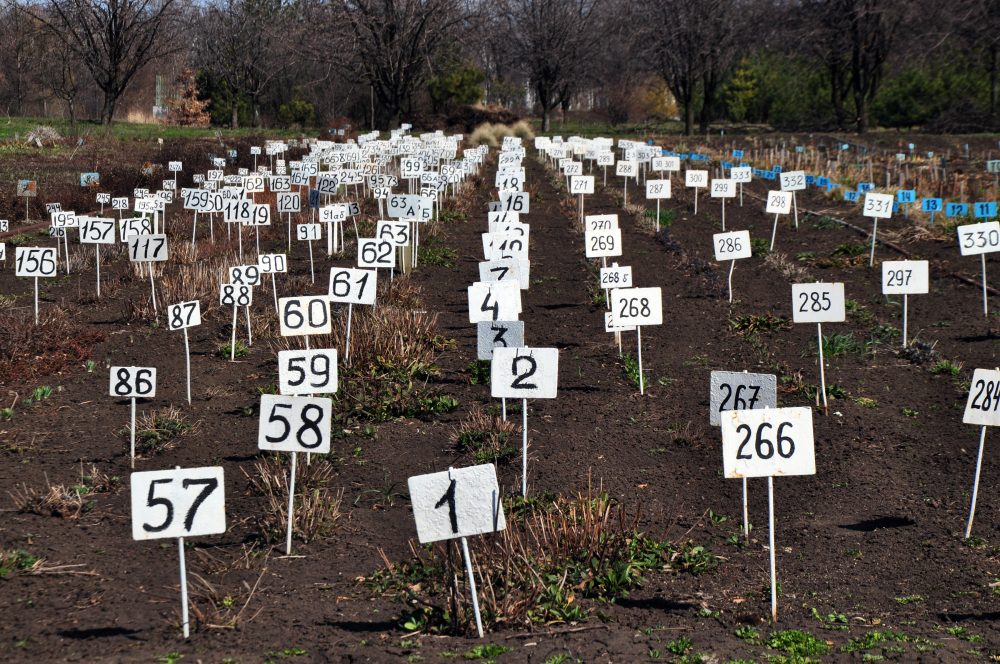


Evolved or Engineered? A Geneticist Evaluates the Panda’s Thumb
In 1980, influential paleontologist and evolutionary biologist Stephen Jay Gould wrote that “we can know that evolution has happened by the imperfections and oddities that life shows.” But is that true? And what if we take a closer look at those assumed evolutionary oddities and see instead evidence of engineered elegance? On this ID The Future, host Andrew McDiarmid welcomes retired geneticist Dr. Wolf-Ekkehard Lönnig to the podcast to discuss his new paper reviewing the debate over the panda’s thumb. Giant pandas have an elongated wrist bone, the radial sesamoid, that allows them to handle and eat bamboo with great dexterity. Some claim it’s an imperfectly and inefficiently formed structure that is clear evidence of evolutionary processes at work. Others Read More ›

Do Plant Galls Falsify Darwinism?

Mendel vs. Darwin, Pt. 3
On this episode of ID the Future, Dr. Wolf-Ekkehard Lönnig, an expert in plant breeding and formerly affiliated with the Max Planck Institute for Plant Breeding Research in Germany, further explores that clash of views modern evolutionists often paper over — Darwinism vs. Mendel. Lönnig discusses how Darwinian evolutionary biology held back acceptance of the laws of inheritance, discovered by Gregor Mendel, abbot at the Augustinian Abbey of St. Thomas, Brunn.
Read More ›
Mendel vs. Darwin, pt. 2
On this episode of ID the Future, geneticist Wolf-Ekkehard Lönnig digs further into Gregor Mendel’s laws of inheritance and how they opposed the thinking of Darwin. Lönnig explains how Darwinian evolution hindered the acceptance of Mendel’s genetic laws, and how the laws still came to be accepted.

Mendel vs. Darwin
On this episode of ID the Future, geneticist Wolf-Ekkehard Lönnig discusses Gregor Mendel’s laws of inheritance and how they opposed the thinking of Darwin. Listen in as he explains Mendel’s laws and why they are still relevant for biology, and particularly genetics.

Dr. Wolf-Ekkehard Lönnig: The Origin of Carnivorous Plants, Pt. 2
On this episode of ID the Future, Casey Luskin continues his talk with Dr. Wolf-Ekkehard Lönnig, a retired biologist at the Max Planck Institute for Plant Breeding Research in Germany. Tune in as Dr. Lönnig discusses the origin and biology of carnivorous plants, and how evolutionary theory offers no clear explanation for the unique features of these plants.
Read More ›
Dr. Wolf-Ekkehard Lönnig: The Origin of Carnivorous Plants
On this episode of ID the Future from the vault, Casey Luskin sat down with Dr. Wolf-Ekkehard Lönnig to talk about Dr. Lönnig’s direct area of specialty: carnivorous plants. Dr. Wolf-Ekkehard Lönnig is a retired geneticist at the Max Planck Institute for Plant Breeding Research in Germany.
Read More ›
Paul Nelson & Wolf-Ekkehard Lönnig: Randomness in Natural Selection
On this episode of ID the Future, the CSC’s Dr. Paul Nelson talks with Dr. Wolf-Ekkehard Lönnig, retired geneticist at the Max Planck Institute for Plant Breeding Research in Germany, about randomness in natural selection and why randomness is such a controversial topic.

Mendel Vs. Darwin, pt. 3
On this episode of ID the Future, Casey Luskin finishes his interview with Dr. Wolf-Ekkehard Lönnig, an expert in plant breeding formerly affiliated with the Max Planck Institute for Plant Breeding Research in Germany. Dr. Lönnig discusses how Darwinian evolutionary biology held back the acceptance of the laws of inheritance, discovered by the famous monk Gregor Mendel.
Read More ›